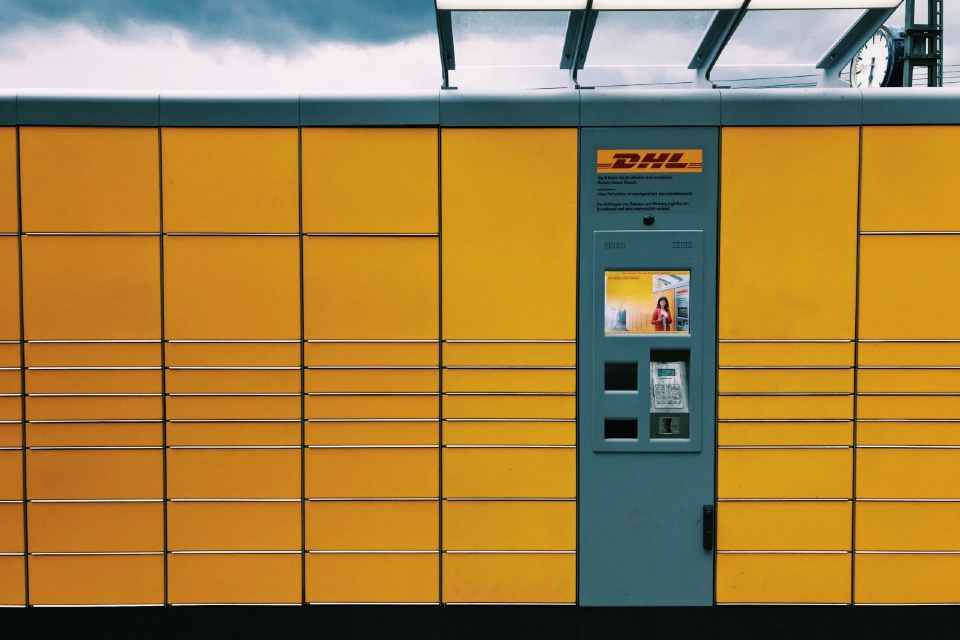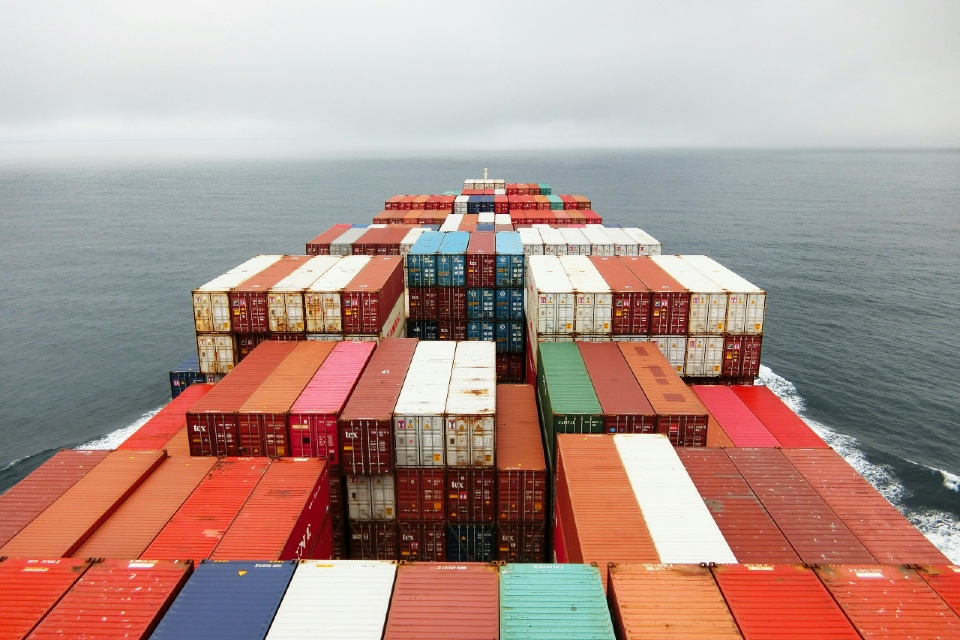Faced with mounting environmental concerns and regulatory pressures, aimed at mitigating plastic packaging waste, the retail sector finds itself at a crossroads. With consumers increasingly prioritising eco-friendliness when making buying decisions, the urgency to combat plastic pollution and promote efficient recycling has never been clearer.
Further the announcement by the UK government regarding the implementation of a deposit return scheme for plastic and metal drinks containers by October 2025 underscores the imperative to address this kind of waste in the industry. Similarly, across Europe, the recycling rates for plastic (PET) bottles hover at suboptimal levels around 50%, demonstrating the need for innovative solutions to drive recycling practices forward.
Jay Kim, Managing Director, BIXOLON Europe, discusses how return vending kiosks, in conjunction with kiosk printing technology, can significantly contribute to recycling and waste reduction efforts for both consumers and retailers within the retail industry.
The Role of Return Vending Kiosks in Promoting Recycling/Sustainability
Return vending kiosks, seamlessly integrated with the latest in open frame kiosk printing technology, facilitate the collection and responsible disposal of recyclable materials. These kiosks, often appearing as large machines with various-sized holes for different products and materials, have been fixtures in retail landscapes for decades, gaining traction initially in Northern European nations like Sweden and Denmark during the 1980s and early 1990s. By incorporating receipting printing technology, these kiosks can incentivise consumers to recycle by generating receipts or vouchers upon recycling or returning a bottle after use, thus encouraging increased participation.
Over time, these kiosks have evolved, integrating advanced features such as the cloud-based integration of technology and infrastructure into appropriate schemes to enhance efficiency, user experience, and provide valuable data insights. For instance, Romania’s deposit return scheme integrates with an operator and various systems and technologies to enable it to work well.
One compelling example of the success of these schemes in Europe is Sweden, where the Swedish Deposit Return Scheme (DRS), Pantamera, operates under Returnpack, a company owned by the country’s retailers and drinks producers. Adhering to GS1 standards, the scheme covers both aluminium cans and plastic PET bottles (excluding glass). In Sweden, this scheme has resulted in recycling rates of up to 84% for PET bottles and 81% for cans in 2017, underscoring the pivotal role that these kiosks and systems can play in driving sustainability initiatives in retail environments.
Industry Legislation Driving Change
A significant shift towards sustainability and the retrieval of used bottles within the retail industry is strongly propelled by legislative frameworks such as the EU Packaging Waste Directive in Europe and The Producer Responsibility Obligations (Packaging Waste) Regulations 2007 in the UK. The directive, formally known as Directive 94/62/EC on packaging and packaging waste, enforces rigorous recycling obligations for packaging waste, compelling businesses to embrace eco-friendly practices and innovative solutions, ultimately aiming to increase the rate of recycling for all plastic packaging waste to 70% by December 2030. Further revisions to the directive are anticipated this year in 2024.
Similarly, in the UK, The Producer Responsibility Obligations (Packaging Waste) Regulations 2007 mandates producers, importers, and retailers to shoulder responsibility for the recycling and recovery of packaging waste. These regulatory mandates ensure that retailers invest in sustainable initiatives, including the adoption of return vending kiosks integrated with mobile printing technology. Failure to comply with these regulations may result in costly penalties for retailers, thereby offering a financial incentive to conform and adopt these technologies to improve recycling rates of packaging in both the EU and the UK.
Innovative Features for Enhanced Sustainability
Enabling these various schemes to work for retailers and consumers requires return vending kiosks that are bolstered by state-of-the-art receipt and ticket printing technology. These printers offer an array of innovative features aimed at fortifying sustainability and operational efficacy. With printing speeds of up to 250 mm per second at 203 dpi resolution, these kiosks ensure rapid processing of receipts and vouchers upon the return of a plastic or glass bottle. Additionally, these printers and kiosks are engineered for reliability across diverse temperature ranges, making them suitable for use in various climates. This is particularly crucial as traditional recycling locations are often exposed to the elements, potentially affecting consumer engagement. But, if they operate without glitches, they can enable regulatory compliance for retailers and act as a quiet additional revenue stream if they are set up well to function independently at stores or other locations.
Moreover, these kiosk printers accommodate various media widths and thicknesses, catering to a broad spectrum of receipts and vouchers, all while maintaining a compact footprint that seamlessly integrates into existing retail environments and infrastructure. With multiple connectivity options, including USB, serial, and Ethernet, they offer deployment flexibility. Crucially for retailers, these kiosks and systems seamlessly work together and can connect to the cloud for remote monitoring. This allows for alerts to be set up to notify management teams when key consumables such as paper are running low, thereby reducing the likelihood of machine downtime and ensuring effective recycling by consumers.
Another notable benefit of these kiosks and printers is the incorporation of a presenter option to mitigate against paper jams and vandalism, ensuring uninterrupted operation and minimal downtime. By reducing the amount of paper wasted in these kiosks and printers by avoiding jams, retailers can reduce the CO2 emissions of each printer by up to 25%. This not only aids retailers in complying with stringent legislation but also helps build brand loyalty by showcasing eco-friendly practices to an increasingly environmentally conscious audience.
Conclusion
Return vending kiosks, supported by open frame kiosk printing technology, play a pivotal role in driving sustainability and compliance within the retail industry. By providing a convenient solution to promote recycling for consumers, these kiosks empower retailers and the wider waste management sector to meet regulatory mandates, while mitigating environmental impact—a key concern for environmentally conscious customers.
The integration of open frame printing technology enhances their functionality, enabling the provision of recycling incentives and encourages increased consumer engagement. With ongoing innovation and collaborative efforts, return vending kiosks equipped with receipt and ticket printing technology are set to spearhead a greener, more sustainable future for the retail industry.
Photo by Jan Antonin Kolar on Unsplash







